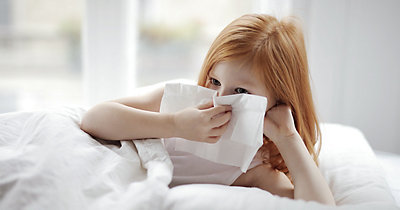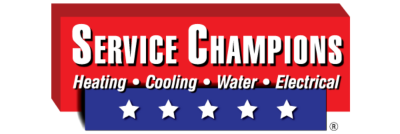How to Utilize Your HVAC System to Minimize Spring Allergies

March 4, 2021
Those who suffer from allergies usually avoid stepping outside their home. Spring allergies are very common but what if your situation worsens within the four walls of the house? If your HVAC system is leaky or has cracks and tears, it will carry dust and allergens through the ducts and enter your room with the conditioned air.
Spring is the best time to carry out the maintenance for your HVAC systems. If you or a loved one has any kind of spring allergy, you shouldn’t overlook the spring maintenance at any cost. Don’t blame it on the season if you are constantly suffering from a runny nose and itchy eyes when the weather shifts from winter to spring. Let your HVAC system help in reducing the allergens rather than promoting them. How can you do that? Read on.
Annual Professional Maintenance
Opting for an annual spring HVAC clean-up and maintenance is a good idea for increasing its efficiency and lowering your electric costs. However, the annual clean-up serves another purpose – reducing spring allergens. A lot of people are allergic to a numerous things such as dust, pollen etc. These can accumulate and build-up inside the HVAC system. They will eventually pass through your ducts and enter the air inside your home.
One way to address this concern is by calling the professionals. They will conduct a thorough check on your HVAC system and assess its performance. If there is any dust accumulation, they will clean it up and reduce spring allergens in the process, preventing health issues caused by them. Moreover, professional maintenance increases the efficiency of your HVAC system and extends its operating life.
Frequent DIY Maintenance
You should opt for professional maintenance once every year, but your job shouldn’t end there. DIY maintenance is highly recommended too. Professionals will help in increasing the efficiency of the HVAC system but by following maintenance practices yourself, you can greatly reduce spring allergens at your home and improve the indoor air quality.
- A Monthly Inspection
Examine your HVAC air filter once every month and replace the old, dirty one with a new one. A dirty filter is the primary reason for dust build-up in your HVAC system. It is also responsible for restricting the airflow. It is important to choose a filter with a Minimum Efficiency Reporting Value (MERV). A rating of at least 8 is recommended to trap the most allergens possible.
- Thorough Inspection Of The Ductwork And Vents For Mold Growth
Mold is one of the most notorious allergen as it affects a lot of people. If you find any instance of mold growth or smell even the faintest musty odor coming from your vents, schedule duct cleaning immediately. You can prevent the growth of mold by preventing condensation. This can be achieved by insulating all the ducts in unconditioned spaces.
- Keeping The Area Around Your Indoor Unit Clean
Focusing on just the indoor unit area and neglecting the area around it is a common mistake. By keeping the surrounding areas clean, you can prevent dust particles and other allergens like pollen from entering the system. These might even clog the condensate drain, resulting in mold.
We offer services that include HVAC maintenance, repair work, duct cleaning as well as a comprehensive indoor air quality check. We believe that being prepared as soon as spring starts is the best way to protect your family from allergies of the season. You can’t control the external factors, but don’t let allergies bother you from within the comfort of your home!
